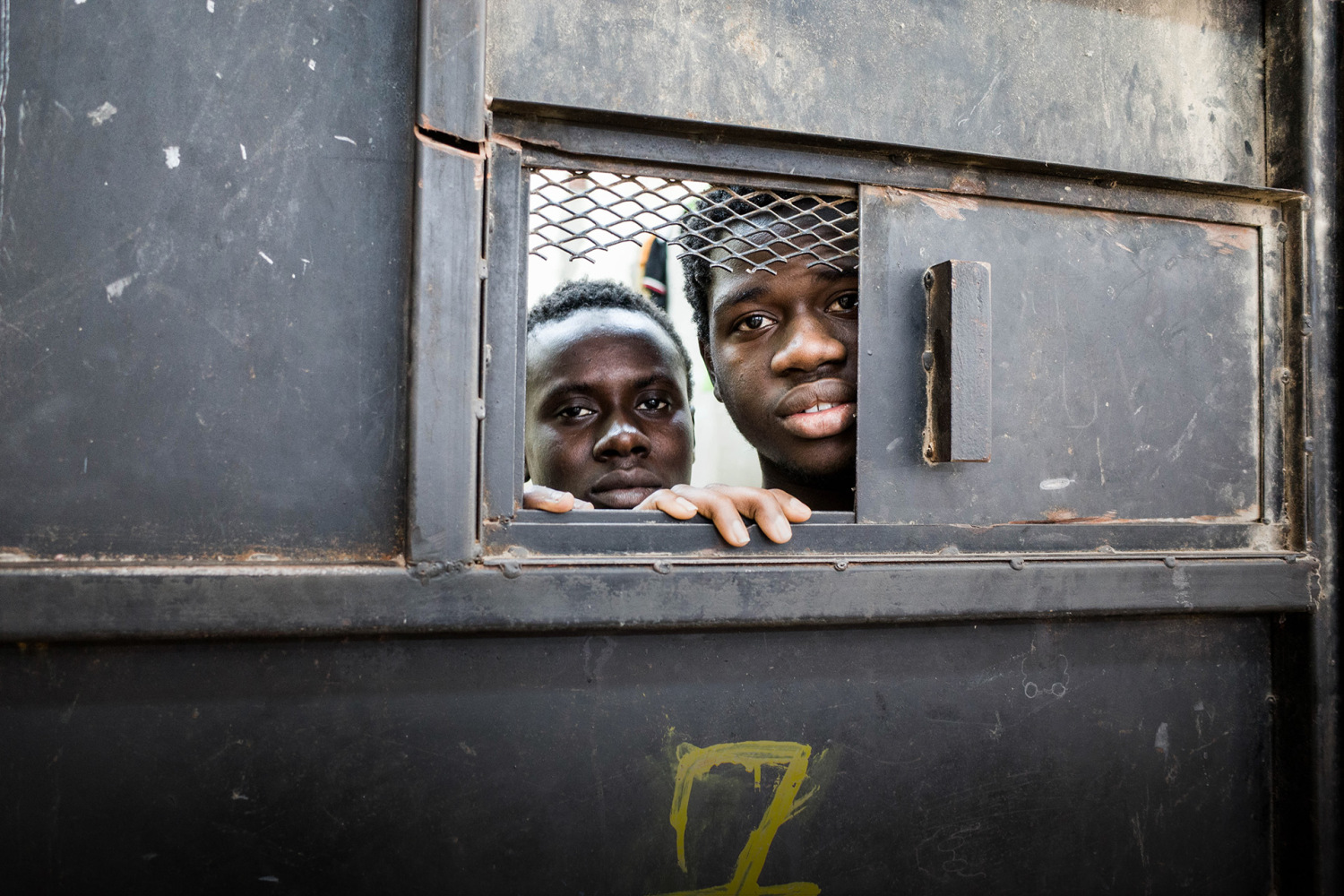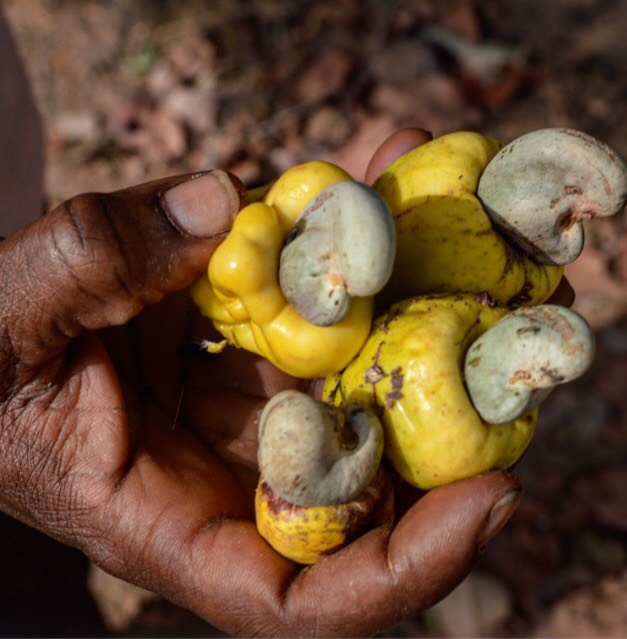
Abdoulaye Traoré holds a cluster of cashews in southern Mali, where he made a living by stripping the fleshy husks off crescent-shaped nuts until February. Funded by the Spanish development agency, the plant where he worked was one of Europe's flagship development projects in Mali, and the blueprint for future multimillion-dollar job creation initiatives aimed at curbing migration to Europe. But in February, work came to a sudden halt as the plant ran out of raw materials. The story of the Malian cashew factory—which was still sitting idle in July, five months after it first ran out of raw materials—highlights the immense challenges that await European policymakers seeking to remake the poorest countries on Earth into attractive places to live. Read more about Traoré and Europe's efforts to use development to fight migration in Part I of FP's special, five-part investigation into Europe's response to the migration crisis: "Europe Slams Its Gates: Imperiling Africa—and Its Own Soul."
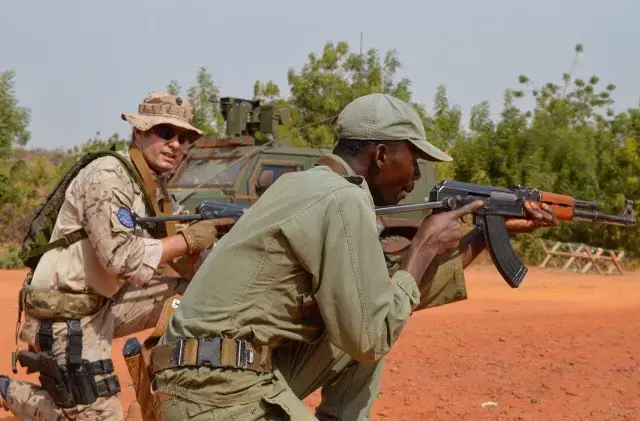
A European military trainer works with a Malian army recruit at the EU Training Mission's facility outside Bamako, Mali. Europe has been helping rebuild Mali after a brief jihadist takeover in 2012, but the migration crisis has lent greater urgency to the task. Once the country is stabilized, the hope is that Malian authorities will begin clamping down on human smugglers. Read more about Europe's efforts to fight migration at its source in "Mali's Migrant Crackdown," an addendum to Part I of FP's special, five-part investigation into Europe's response to the migration crisis: "Europe Slams Its Gates: Imperiling Africa—and Its Own Soul."
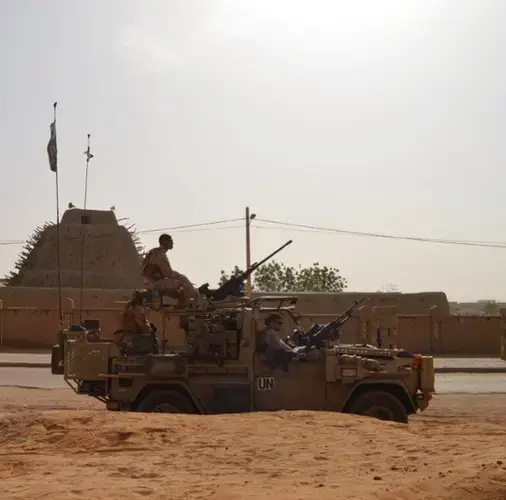
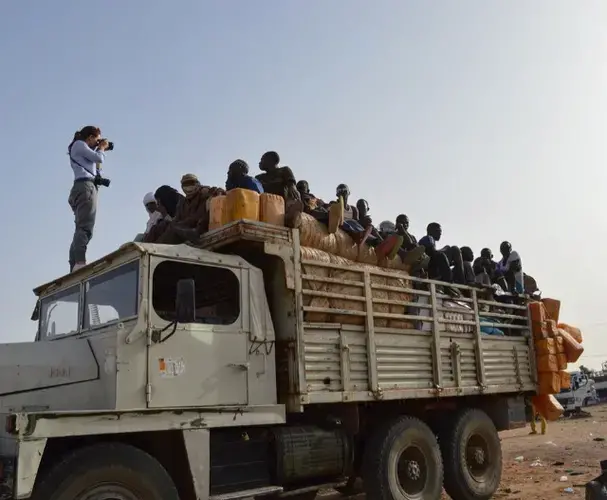
Nichole Sobecki (@nicholesobecki) photographs migrant laborers in Agadez, a smuggling hub in Niger through which hundreds of thousands of Europe-bound migrants travel each year. Trucks like this one leave Agadez daily for gold mines in the far north of the country. Read about Niger's EU-funded crackdown on human smuggling in Part II of FP's special, five-part investigation into Europe's response to the migration crisis: "Europe Slams Its Gates: Imperiling Africa—and Its Own Soul."
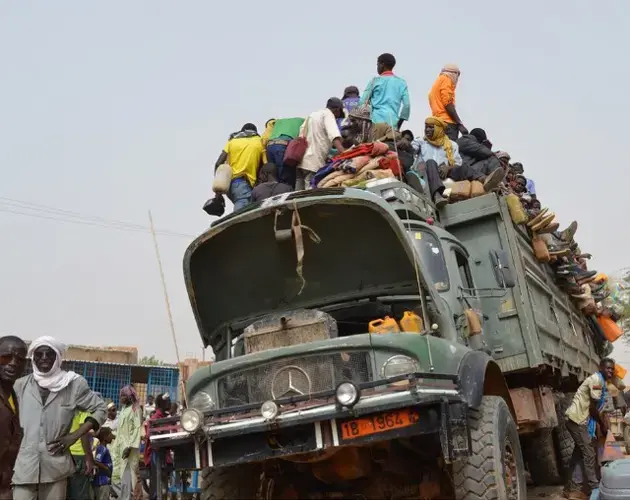
Migrant laborers crowd onto an old Mercedes truck bound for gold mines in northern Niger. Read about Niger's EU-funded crackdown on human smuggling in Part II of FP's special, five-part investigation into Europe's response to the migration crisis: "Europe Slams Its Gates: Imperiling Africa—and Its Own Soul."


